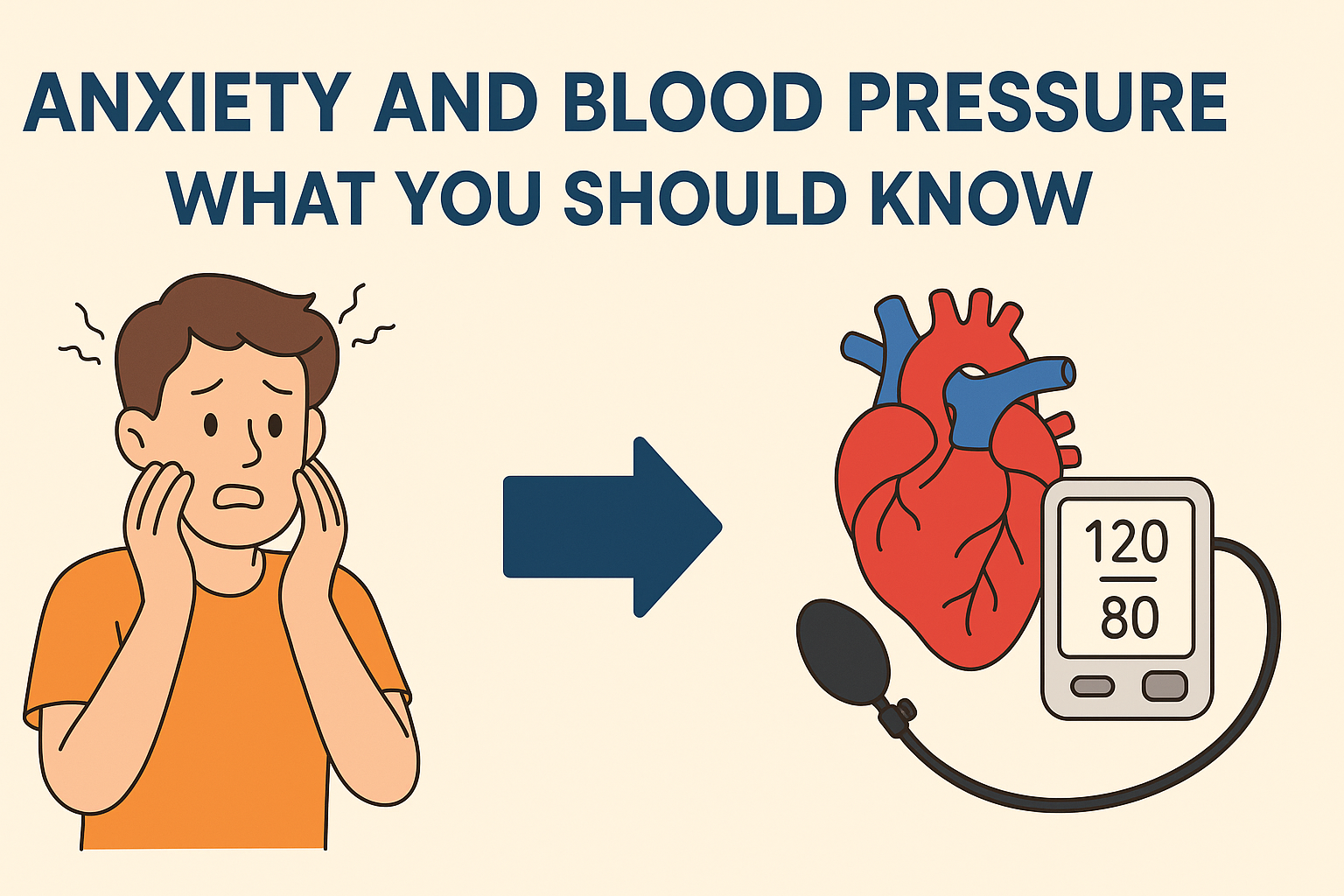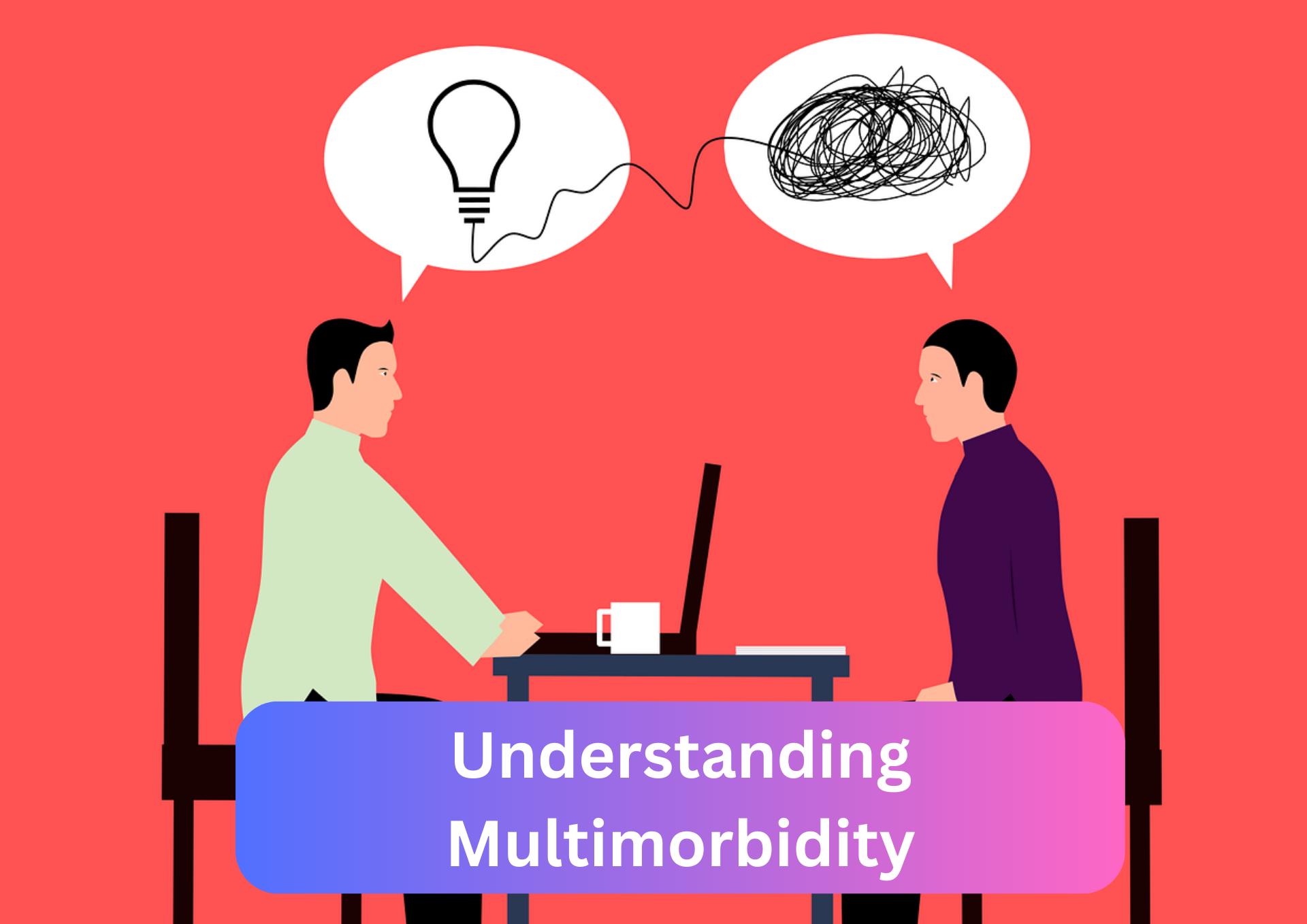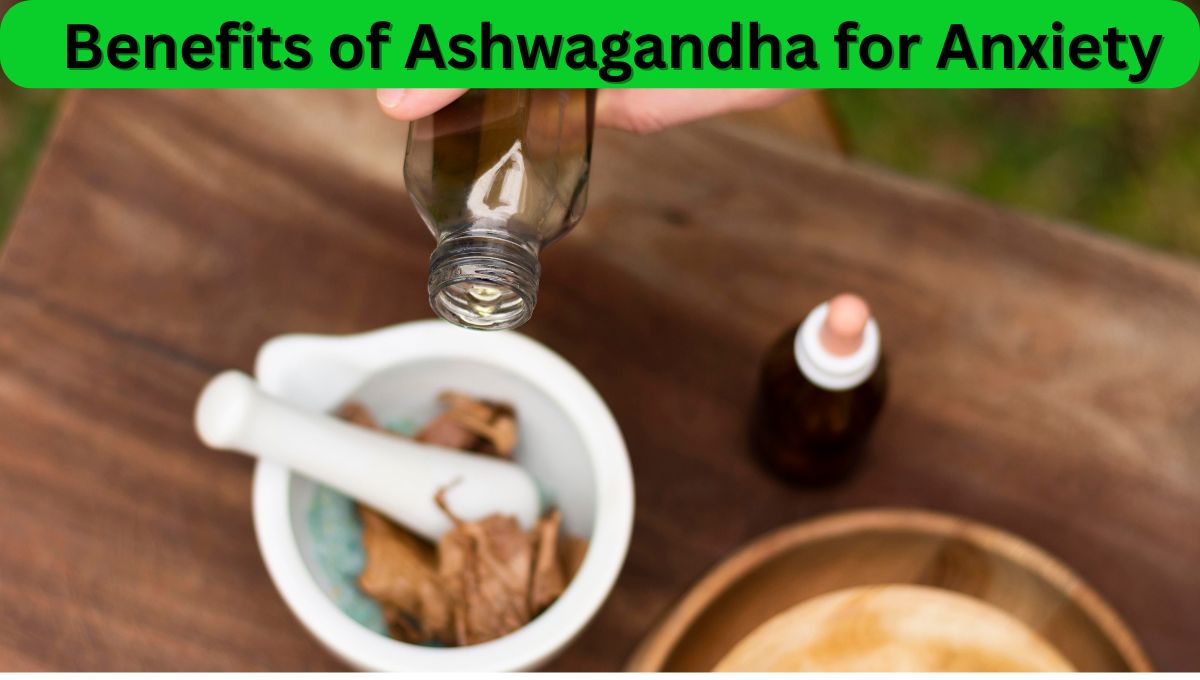Have you ever felt your heart race when you’re scared or worried? That’s anxiety at work. And guess what? It can also change something important in your body called blood pressure.
In this article, we will break it all down step by step — what anxiety is, what blood pressure is, how they are connected, and why you should care. We’ll also share an easy-to-read table, real-life examples, and a case study so you fully understand.
What Is Anxiety?
Anxiety is a feeling you get when you’re worried, scared, or nervous about something.
Imagine you’re about to go on stage to sing in front of people. Your hands feel sweaty, your stomach feels funny, and your heart goes thump-thump-thump. That’s anxiety.
Key points about anxiety:
- It’s a normal human feeling.
- It can help you be alert and ready.
- Too much anxiety, though, can become a problem.
What Is Blood Pressure?
Blood pressure is how hard your blood pushes against the walls of your blood vessels when your heart pumps.
Think of your heart like a water pump and your blood vessels like garden hoses. If the pump pushes too hard, the hose can get damaged over time. That’s why it’s important to keep blood pressure healthy.
Key points about blood pressure:
- It has two numbers (for example, 120/80).
- The top number (systolic) is when the heart beats.
- The bottom number (diastolic) is when the heart rests.
- Normal blood pressure is usually around 120/80.
How Are Anxiety and Blood Pressure Connected?
Here’s the big question: can anxiety make your blood pressure go up?
The answer is yes — but usually only for a short time. When you feel anxious, your body goes into “fight or flight” mode, making your heart beat faster and your blood vessels tighten. That raises your blood pressure.
But here’s the important part:
- Short-term anxiety → temporary blood pressure rise.
- Long-term anxiety or stress → can indirectly lead to high blood pressure by making you develop bad habits (like poor sleep, overeating, smoking).
Detailed Table: Features of Anxiety and Blood Pressure
| Feature | Anxiety | Blood Pressure | How They Connect |
|---|---|---|---|
| What is it? | Feeling of worry or fear | Force of blood against artery walls | Anxiety can raise blood pressure temporarily |
| How does it feel? | Sweaty palms, racing heart, fast breathing | Often no feeling; sometimes headache or dizziness if too high | Anxiety symptoms can make you feel like BP is high |
| Is it dangerous? | Normal anxiety is safe; chronic anxiety needs help | High blood pressure over time can harm heart, brain, kidneys | Anxiety spikes are short-term; chronic stress can indirectly hurt BP |
| Example situation | Nervous before a test | BP rises during exercise or stress | Anxiety before doctor’s visit → BP check shows slightly high |
| Can you control it? | Yes, with breathing, relaxation, therapy | Yes, with healthy lifestyle, meds if needed | Managing anxiety helps keep BP in check |
Example: Simple Story
Let’s make this easy!
Meet Sam.
Sam is 10 years old. Sam has a big math test tomorrow. He’s super nervous and can’t sleep. His heart is beating so fast!
In the morning, Sam’s mom takes him to the doctor for a checkup. The nurse checks Sam’s blood pressure. It’s a little higher than usual.
Why? Because Sam’s anxiety (worry about the test) made his body react, pushing up his blood pressure for a short time.
But after the test, Sam feels better, and his blood pressure goes back to normal.
Lesson: Anxiety can raise blood pressure, but usually it’s not permanent.
Real-Life Case Study
Let’s look at a real-world example.
Case: Emily, 35 years old
Emily works a busy job and worries about deadlines. She often feels anxious. One day, she goes to the doctor. Her blood pressure reads 140/90 — higher than normal.
The doctor asks Emily about her stress and sleep. Emily admits she’s been drinking lots of coffee and barely sleeping.
The doctor explains:
- Emily’s anxiety is causing temporary spikes in her blood pressure.
- Her lifestyle habits (poor sleep, too much caffeine, no exercise) are adding to the problem.
The doctor suggests:
- Regular exercise
- Cutting down on caffeine
- Relaxation techniques (deep breathing, meditation)
- Seeing a counselor for anxiety
Three months later, Emily’s blood pressure is back to 120/80, and she feels much calmer.
How to Manage Anxiety and Protect Your Blood Pressure
Here’s a super simple guide anyone can follow.
| What to Do | Why It Helps |
|---|---|
| Take deep breaths when you feel anxious | Helps calm your heart and lower BP |
| Get enough sleep | Rest lets your body and mind reset |
| Eat healthy foods | Reduces strain on heart and blood vessels |
| Move your body (exercise) | Lowers stress and strengthens heart |
| Talk to someone you trust | Sharing worries helps reduce anxiety |
| Limit caffeine and alcohol | These can raise BP and increase anxiety |
| Practice mindfulness or meditation | Trains your mind to stay calm |
Important Takeaways
Anxiety is normal, but too much can harm your health.
Anxiety can cause short-term spikes in blood pressure.
Long-term stress can lead to habits that raise blood pressure permanently.
You can manage both with healthy lifestyle choices, stress management, and professional help if needed.
Helpful FAQs
Q1: Can anxiety cause permanent high blood pressure?
No, anxiety usually causes short-term increases. But long-term stress and unhealthy coping (like smoking, drinking, poor sleep) can lead to permanent high blood pressure.
Q2: How can I tell if my high blood pressure is from anxiety or something else?
Your doctor can help by checking your readings over time. One high reading during stress may not mean you have chronic high blood pressure.
Q3: Will relaxation techniques really help my blood pressure?
Yes! Deep breathing, meditation, and calming activities can lower both anxiety and blood pressure.
Q4: Should I take medicine for anxiety if my blood pressure is high?
Not always. Sometimes, treating anxiety with therapy or lifestyle changes is enough. But always talk to your doctor for the right advice.
Q5: Can kids have anxiety and blood pressure problems too?
Yes, even kids can feel anxious, and it can raise their blood pressure temporarily. But long-term issues are more common in adults.








